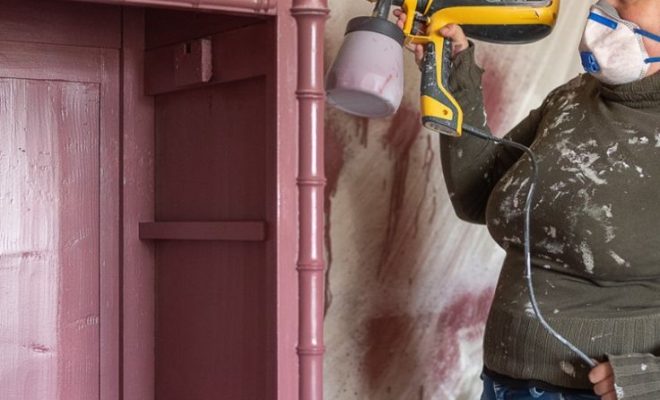3 Ways to Care for a Sick Bearded Dragon

Bearded dragons are an increasingly popular choice for pets due to their unique appearance, friendly demeanor, and relatively low maintenance. However, like any other pet, they can become ill and require some extra care. To ensure your bearded dragon receives the best care possible during its sick days, it’s important to understand the necessary steps to take. Here are three essential ways to care for a sick bearded dragon:
1. Create a comfortable environment
The environment in which your bearded dragon lives is a significant factor in determining its overall health. A sick bearded dragon needs a clean and comfortable habitat for proper recovery. Start by cleaning the tank thoroughly to reduce the risk of infection or further illness. Replace any soiled or damp substrate with fresh materials and remove uneaten food.
Ensure that the temperature gradient within the tank is suitable for your bearded dragon—between 95-110°F in the basking area and 75-85°F on the cooler side. Maintaining proper humidity levels is also crucial; aim for 30-40% humidity using a hygrometer to measure levels accurately.
2. Adjust their diet
When your bearded dragon is sick, it may become weak and lethargic, affecting its appetite. Providing smaller-sized food items can help to prevent choking or overeating while they’re unwell. You may need to hand-feed your pet during this time if it has difficulty moving or reaching its food dish.
Offer easily digestible foods like squash or green beans, as well as some protein sources like crickets or mealworms dusted with supplements as per your veterinarian’s recommendation. Make sure they eat a balanced diet throughout their recovery period to support immune function and regain strength.
3. Consult with a reptile veterinarian
If you suspect that your bearded dragon is sick, it’s crucial to consult with an experienced reptile veterinarian. They can accurately diagnose your pet’s condition and prescribe the appropriate treatment. Common health issues faced by bearded dragons include impaction, metabolic bone disease, respiratory infections, and parasites.
Make sure to keep up regular communication with your veterinarian during the recovery process and follow their advice on medications and care routines. Monitor your bearded dragon closely for any changes in its behavior or general health, and report these to the vet as needed.
In conclusion, it’s essential to create a comfortable environment, adjust their diet, and consult a reptile veterinarian for proper care of a sick bearded dragon. By providing attentive care and following your veterinarian’s guidance, you can help your bearded dragon recover more quickly, ensuring many more happy years with your scaly companion.






